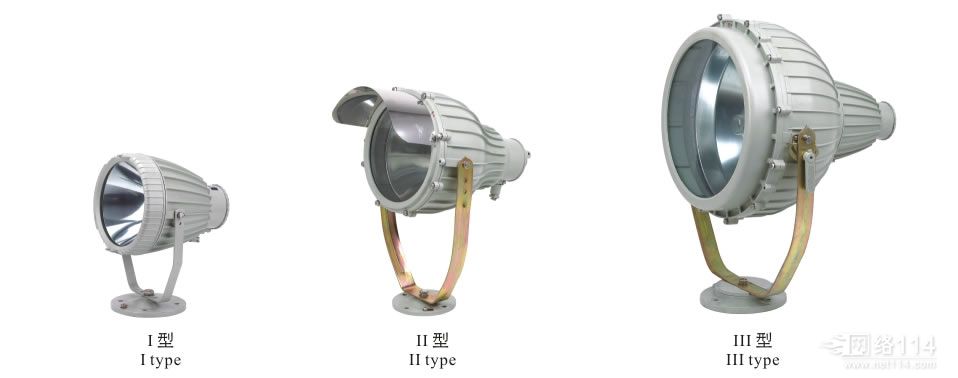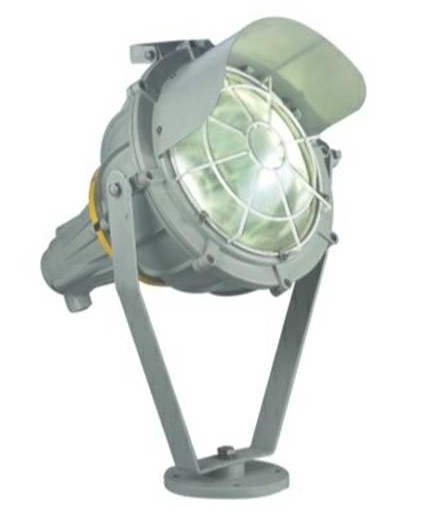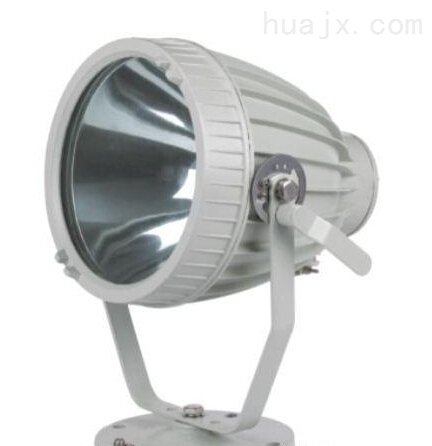Application
Belt dryers are continuous drying equipment
used for drying the materials with good air permeability like sheet, strips,
granular and some pastes. This drying machine is designed for drying dehydrated
vegetables and Chinese herbal pieces with high moisture content as well as heat
sensitive materials. Conveyor dryer is mainly used for drying small pieces of
materials and fiber materials in industry.
Read More About
1. DWT Conveyor
Belt Dryer
2. DWVF Vegetable And Fruit Belt Dryer
3. DWC Multilayer Conveyor Dryer Machine
Features
1. Belt dryers have good advantages
of high drying rate, high evaporation intensity and excellent quality.
2. The materials dried by conveyor
dryer must have a certain shape, and the shapes can be still kept after drying.
Working
Principle of Belt Drying Machine
Belt dryers are designed for the especially
thermal treatment of products. The wet products are continuously and evenly
applied through an infeed chamber onto a perforated belt. The belt conveys the
products through the drying area. In the cells, the wet products are dried by
the drying gas. Each cell can adopt a ventilating fan and a heat exchanger. It
allows the drying and cooling temperatures to be controlled separately in the
different sections. Thus, each conveyor dryer cell can be separately controlled.
Additionally, the drying or cooling air flow can be varied in each cell. The
speed of the conveyor belt can be varied what gives an additional parameter for
setting of drying time. The cells can be heated or cooled directly or
indirectly. The heating media like oil, steam, hot water or hot gas can be
used.
Belt Dryer Machine,Vegetable And Fruit Belt Dryer,Multilayer Belt Dryer,Conveyor Belt Dryer Jiangsu Yutong Drying Engineering Co.,Ltd , http://www.ytdryer.com
According to the actual needs of the work site to determine the lighting installation location and method, and then according to the distance from the lamp to the power contact to prepare the corresponding length of Φ8 ~ Φ14mm three-core cable.
Open the end cap of ballast, loosen the pressing nut of the ballast cable inlet, and then lead the lamp cable and power cable through the compression nut to the internal terminal of the ballast, connect and fix, and tighten separately. Cables tighten nuts and tighten ballast end caps.
According to the determined installation location and method, the lamps and ballasts are installed, and then the other end of the input cable of the ballast can be connected to the 220V power supply according to the requirements of explosion-proof.
Loosen the screw at the bottom of the lamp holder, adjust the lighting position by rotating 360° around the lamp holder; loosen the screws on both sides of the lamp holder, adjust the lighting angle of the lamp up and down according to the lighting requirements, and then fasten the screws.
When replacing the lamp, use a suitable screwdriver or other tool to insert the front cover into the holes on the two front side of the front cover, remove the bad lamp, and replace the new one. 

The above is an introduction to the use of explosion-proof floodlights. I hope to be helpful to everyone.
Explosion-proof cast light use method introduction
Explosion-proof floodlights are suitable for large-scale cast light lighting in various indoor and outdoor operations such as flammable and explosive places, oil fields, offshore oil platforms and ships, metallurgy, petrochemicals, construction sites, and large-scale equipment. So, how to use explosion-proof flood light? Here's how to use explosion-proof floodlights.